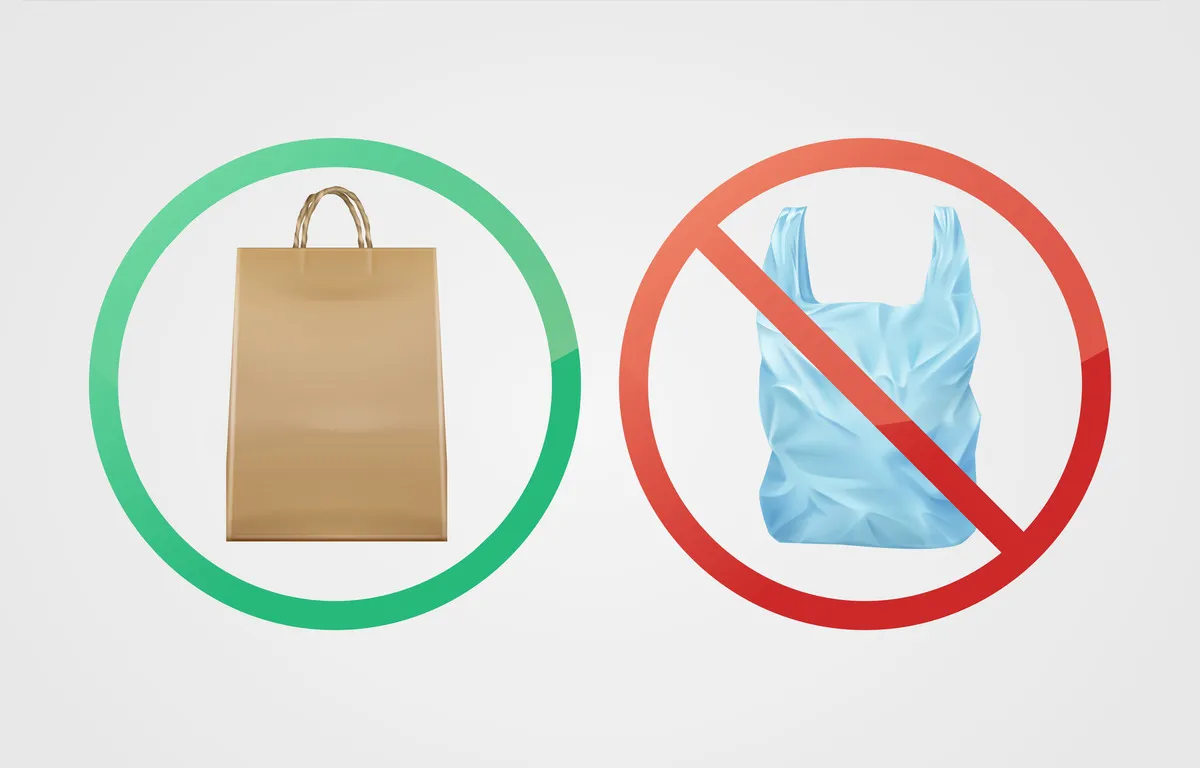
The debate on using paper or plastic bags in stores continues. It's a key part of the discussion on eco-friendly packaging. In Malaysia, this topic is very important. The country is dedicated to sustainability. This article breaks down the costs associated with both types of bags. It provides a comprehensive view for businesses and consumers alike.
Production Costs
Paper Bags
The production of paper bags is resource-intensive. It involves cutting down trees and a significant amount of water and energy. The machinery used in paper bag manufacturing is also more complex and costly. This higher production cost is reflected in the price of paper bags.
In Malaysia, forestry is a big industry. Making paper bags there helps the local economy. These benefits have environmental effects. They impact forests and use a lot of water.
Plastic Bags
Plastic bags, on the other hand, are cheaper to produce. They are made from polyethylene, a product of crude oil and natural gas. The production process is less energy-intensive compared to paper bags. As a result, plastic bags generally cost less for retailers to purchase.
However, in Malaysia, the government has imposed regulations on plastic bag usage. This move, aimed at reducing plastic waste, has led to additional costs. Retailers now charge consumers for plastic bags, which indirectly increases their costs.
Environmental Costs
Paper Bags
While paper bags are biodegradable and recyclable, their environmental costs are significant. The deforestation required to produce them impacts wildlife habitats and increases carbon emissions. The manufacturing process needs a lot of water and chemicals. This can cause pollution.
In Malaysia's humid climate, the degradation of paper bags can be faster. Yet, making these items still harms the environment. Dealing with their waste properly is also a big challenge.
Plastic Bags
The environmental cost of plastic bags is well-known. They take hundreds of years to decompose and are a major contributor to ocean pollution. The production of plastic bags also releases toxic compounds into the environment.
Malaysia, with its extensive coastline, faces significant challenges with plastic pollution. The environmental cost is high. It makes the government and businesses think about using paper bags instead.
Long-Term Costs
Paper Bags
The long-term costs of paper bags are tied to their environmental impact. Deforestation and water pollution can lead to higher costs in managing environmental issues. These costs are not always direct. They can affect businesses and communities in different ways.
In Malaysia, saving the environment is increasingly important. Using paper bags may face new rules and changing likes of customers.
Plastic Bags
For plastic bags, the long-term costs are predominantly environmental. Plastic waste stays in the environment for a long time. This leads to expensive cleanup efforts. It impacts tourism. This, along with marine life, is crucial for Malaysia's economy.
The government's regulations on plastic bags aim to mitigate these long-term costs. Malaysia aims to cut down on plastic bag use. This effort is to lessen the environmental and economic impact of plastic waste.
Paper vs. Plastic Bags: Evaluating Costs and Sustainability
Comparing paper bags to plastic bags in stores involves considering various costs. Different factors affect their overall expenses. Paper bags seem eco-friendly, but they cost a lot to make and harm the environment. Plastic bags are cheap but hurt the environment now and later. They cause big problems.
For Malaysia, the choice between paper and plastic bags is not just about immediate costs. It's about finding a balance between money, nature, and people. We aim for green packaging that lasts. Understanding the costs of sustainable practices is vital for smart decisions in retail. It helps us make better choices for the environment.




